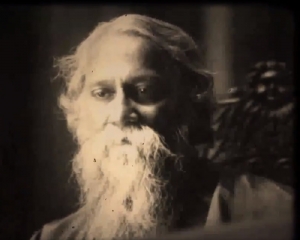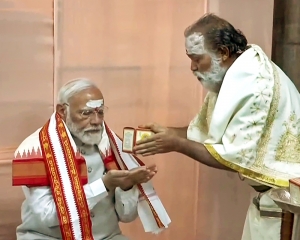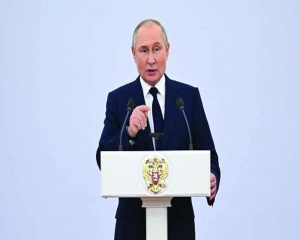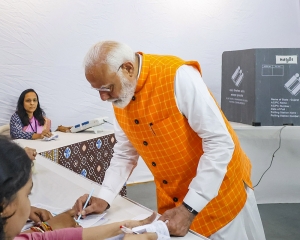Noted economists Jean Drèze and Reetika Khera today said that despite the tall claims made by politicians of the ruling coalition in the country that the nation is progressing rapidly on the economic front, inequality among the masses has remained stagnant and there are is little being done to address the major issue.
The economists said that the real wages have barely risen in India since 2014-15, despite rapid GDP growth. The country’s social security system has also stagnated in this period. The lives of informal workers remain extremely precarious, especially in states like Jharkhand where casual employment is the main source of livelihood for millions.
The findings were presented by Drèze and Khera at a press conference convened today by Loktantra Bachao 2024 here on Saturday.
They said that the evidence of a virtual stagnation in real wages since 2014-15 is available from five different sources. Similar patterns apply to most occupations, agricultural and non-agricultural occupations.
“As the Modi government took charge in 2014, five flagship programmes had started providing solid foundations for social security in the informal sector: the public distribution system (PDS), the National Rural Employment Guarantee Act (NREGA), maternity benefits, social security pensions, and child nutrition schemes under ICDS and the midday-meal programme. All five have been undermined in one way or another by the NDA,” they said.
Further they gave example that the Central budget for ICDS and midday meals declined by 40 per cent in real terms in the last 10 years; maternity benefits have been illegally restricted to one child per family; the central contribution to social security pensions under NSAP has stagnated at a measly Rs 200 per month; MGNREGA wages have stagnated in real terms and are rarely paid on time; and more than 100 million persons have been excluded from the PDS due to the continued use of 2011 population figures. In Jharkhand alone, 44 lakh people are excluded because of this.
The economists said that to some extent, the NDA government has compensated for this decline by expanding schemes of its own liking, such as toilets, LPG connections and housing. However, the achievements of these schemes are much smaller than the Modi government claims. For instance, the NDA government declared India “open defecation free” in 2019, but NFHS-5 data for 2019-21 reveal that about 20% of all households had no toilet facility.
As a percentage of GDP, central-government expenditure on old and new welfare schemes combined has stagnated under Modi, except for a brief spike during the Covid-19 crisis (see second graph on p.2). Before that, the Modi government was mainly substituting its own schemes for earlier schemes, along with renaming earlier schemes after the Prime Minister. This pattern contrasts with the major expansion of social security that occurred under the UPA government, especially UPA-1. The NDA government has managed to build a reputation for generous welfare spending, but this claim does not bear scrutiny.

























